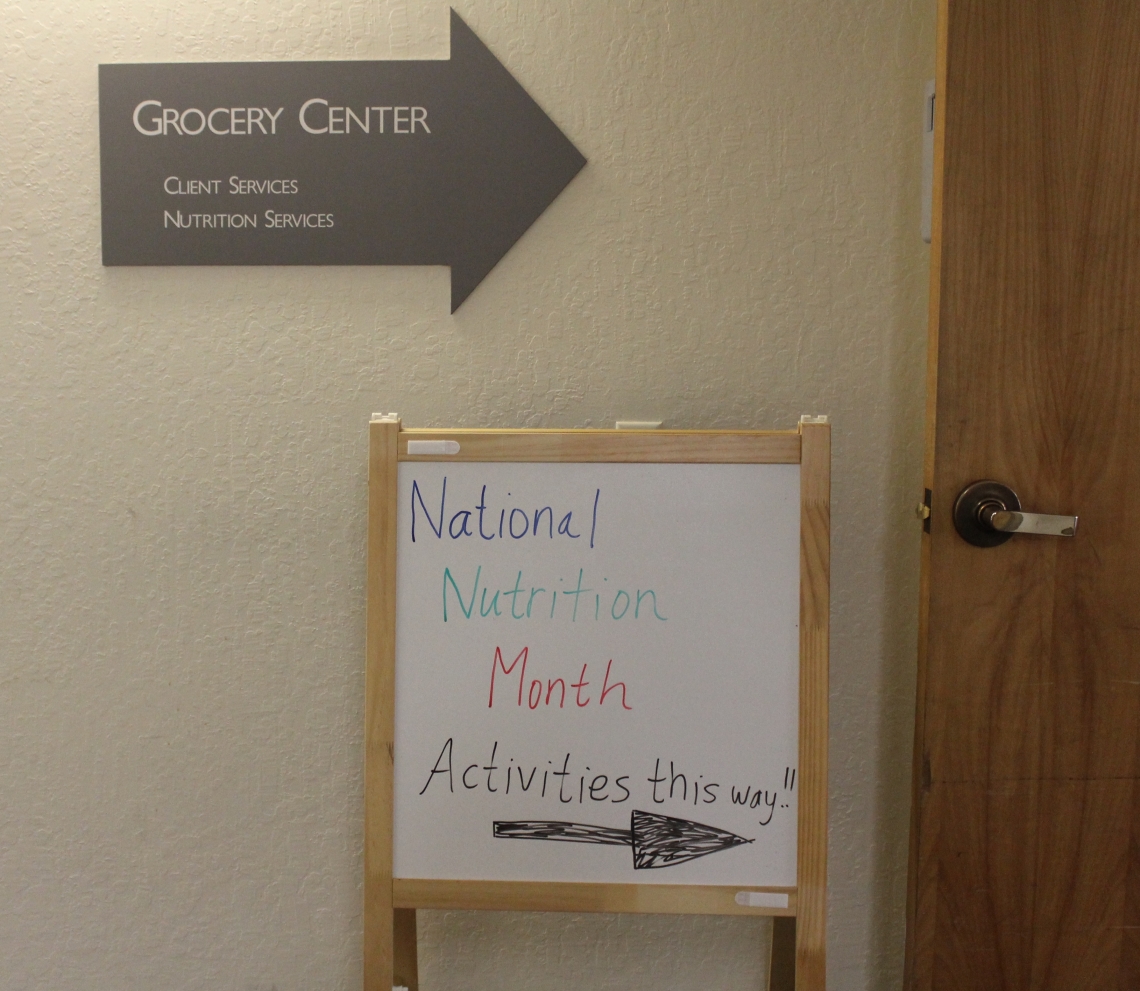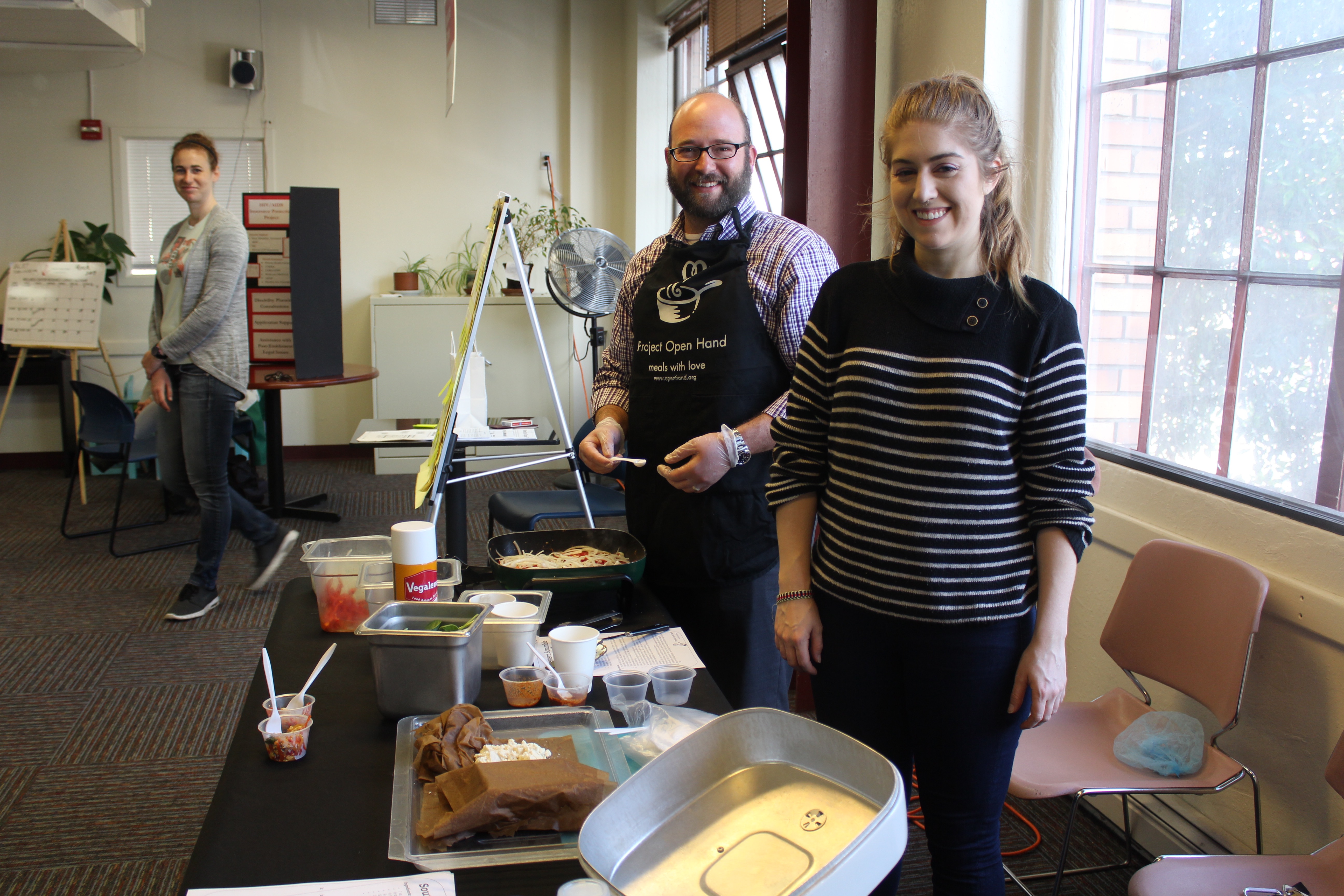
What do Calcium and Vitamin D Do for Me?
No matter how old you are, calcium and vitamin D are important for the health of your bones. Most of the calcium in your body is stored in your bones, where it supports bone shape and function. Vitamin D helps move the calcium from your diet into your bones. Calcium and vitamin D have other important jobs too, like helping your heart, muscles, immune system, and nerve function.
You can get vitamin D in 3 ways:
- Through your skin
- From your diet
- From supplements
Known as the "sunshine vitamin", your body makes some vitamin D when your skin is exposed to the sun. The amount of vitamin D your body makes from the sun is usually not enough to meet daily needs.
Some foods are good sources of vitamin D like fatty fish (salmon and tuna), and beef liver, cheese and egg yolks provide a small amount. Fortified foods provide most of the vitamin D in our diets, such as milk, soymilk, cereal, and orange juice. Check the Nutrition Facts panel for vitamin D content in packaged foods.
Supplements may be useful in some cases. Seniors need a little extra vitamin D, and some medications and medical conditions may mean you need more vitamin D. Check with your doctor to see if you should take a supplement.

Andy, our Vice President of Human Resources, and Stephanie, our Executive Assistant, doing a cooking demo for those visiting the grocery center
Q: HOW MUCH VITAMIN D DO YOU NEED?
A: The Recommended Daily Allowance (RDA) for adults is 600 international units (IU). For seniors over 71 years old, it is increased to 800 IU. Check with your doctor to see if you should be taking more than the RDA for your age group.
Q: WHAT ABOUT CALCIUM? WHAT IF YOU DON'T DRINK MILK?
A: The RDA for calcium for adults is 1,000 mg per day, and increases to 1,200 mg for women over 50 years old. Three cups of milk provides 900 mg of calcium, which is nearly 90% of the RDA. Some non-dairy sources of calcium include leafy greens, salmon, sardines, and calcium fortified foods like orange juice and cereals. Check the Nutrition Facts panel for calcium content in packaged foods, and choose fortified options when possible.
Q: WHAT ARE SOME OTHER BONE BUILDERS?
A: Vitamin K and Magnesium. Vitamin K aids in the formation of bone structure and strength. The RDA is 90mcg for men and 120mcg for women. Magnesium improves bone density and helps process calcium. The RDA is 420mg for men and 320mg for women.
PROTECT YOUR BONES! Physical activity can help vitamin D and calcium in maintaining bone health. Aim for 30 minutes of weight-bearing activity most days of the week. If you don't like exercise or have a hard time fitting it in, break it up throughout your day! It does not need to be all at once. Getting enough vitamin D and calcium, as well as enough exercise, can protect against the loss of bone mass.
